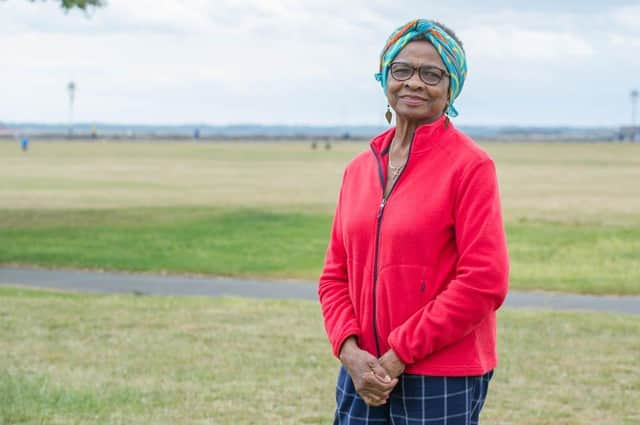15 new cases of female genital mutilation reported in Portsmouth in the last year


According to data from NHS Digital around 15 cases of female genital mutilation (FGM) were seen by NHS services between March 2020 and March 2021.
Since recording began in 2015, health services have identified around 120 FGM victims in the area.
Advertisement
Hide AdAdvertisement
Hide AdAnd in Hampshire figures showed around 20 FGM survivors attended appointments with health professionals in that same time.
For Marie Costa, the chairwoman of the African Woman’s Forum in Portsmouth, the statistics were ‘upsetting.’
She said: ‘We are trying to do our best to teach people here in Portsmouth about the evils of FGM and this year we have had to go digital because of the pandemic - taking our message to the Big Screen and online, which is not an easy way to reach everyone.
‘The figures are surprising to me and it is upsetting but I am glad it is being reported and we are getting figures. It just means we have to work harder trying to educate people about the effects of FGM, especially those who are most likely to be affected.’
Advertisement
Hide AdAdvertisement
Hide AdThe 15 survivors in Portsmouth had their injuries recorded by the NHS for the first time, while there were 15 new victims identified the year before.
Women and girls who have suffered FGM have had their genitalia deliberately cut, injured or changed for non-medical reasons – most undergo the procedures as children.
The practice, traditional in some cultures, has been illegal in the UK since 1985, with the law strengthened in 2003 to prevent girls having treatment abroad.
Since recording began, NHS trusts and GP practices across England have identified more than 27,000 individual women and girls who have undergone FGM.
Advertisement
Hide AdAdvertisement
Hide AdBut in the year to March, FGM-related attendances at NHS appointments nationally dropped to around 10,600 from more than 12,000 the year before.
NHS Digital statisticians said it was not clear whether the change was due to a reduction in the number of women and girls seen during the pandemic or a reduction in the capacity of NHS services to report all FGM-related attendances in that time.
However, Leethen Bartholomew of the National FGM Centre said: ‘This does not mean that there are fewer survivors needing this support.
‘Lockdowns, school closures and fewer interactions with health, social care and other professionals, have meant many survivors are going unnoticed and are not receiving the support we know they need.
Advertisement
Hide AdAdvertisement
Hide Ad‘FGM is an extremely hidden form of child abuse and there are undoubtedly women and girls who are suffering in silence.’
Only approximate numbers are recorded in the data, to prevent identification of individual women.
A message from the Editor, Mark Waldron
You can subscribe here for unlimited access to our online coverage, including Pompey, for 27p a day.
Comment Guidelines
National World encourages reader discussion on our stories. User feedback, insights and back-and-forth exchanges add a rich layer of context to reporting. Please review our Community Guidelines before commenting.
